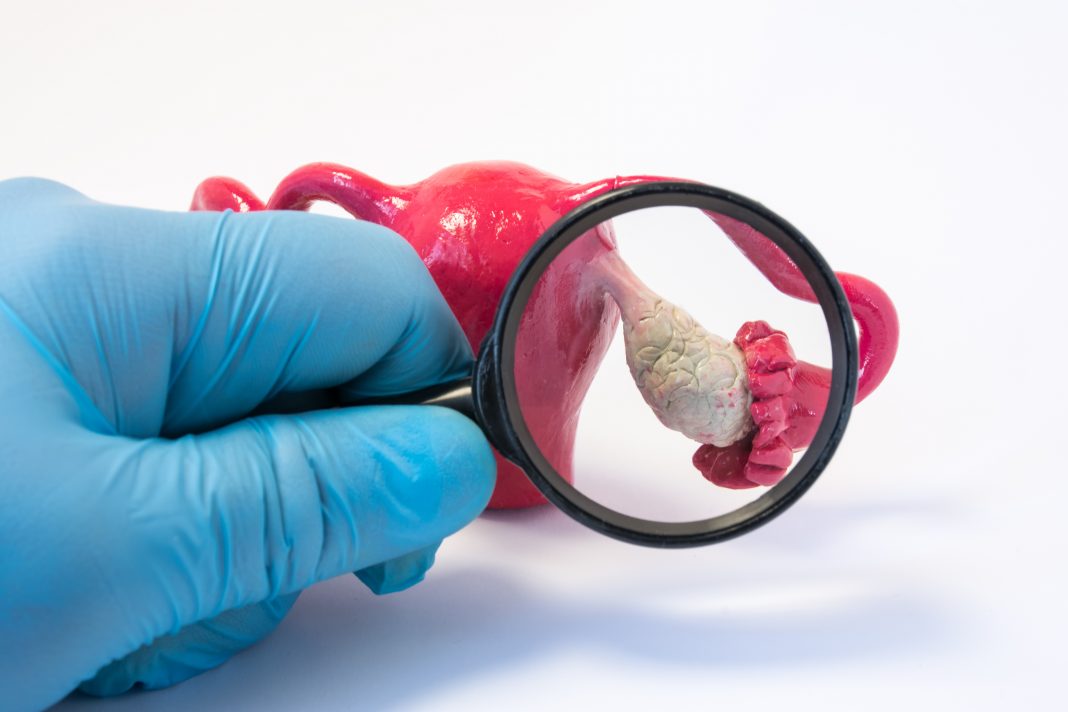
Polycystic Ovary Syndrome (PCOS)
Polycystic ovary is an ultrasound image of small follicles arranged in the ovary in the shape of a ring of pearls. On the other hand, Polycystic Ovary Syndrome, is a set of diseases that usually starts with insulin resistance and progresses with menstrual irregularities, high androgen levels, rapid hair growth, and a rise in acne. We cannot say that every patient with a polycystic ovary appearance has polycystic ovary syndrome.
What Causes Polycystic Ovary Syndrome?
Some women are genetically more prone to insulin resistance. When this condition is triggered by bad eating habits and environmental factors, androgen hormones begin to rise together with inflammation and insulin resistance in the body, and as a result, polycystic ovary syndrome occurs.
Contact Op. Dr. Duygu Mutlu.
You can visit our office for a treatment process in which the underlying causes of PCOS are examined in detail and Polycystic Ovary Syndrome is handled with a functional medicine approach.
Functional Medicine Approach in Polycystic Ovary Syndrome
Menstrual irregularity is one of the most common symptoms of Polycystic Ovary Syndrome. Difficulty in becoming pregnant can also occur because of problems with the ovulation cycle. Patients with PCOS experience an obvious increase in acne and acne breakouts. Excessive growth of hair in a male-like pattern is observed especially on the chin, between the breasts, and in the belly area. Insulin resistance leads to weight gain and generates belly fat.
Since PCOS can be due to multiple causes, we first listen to the patient’s history during our examinations. We then examine the patient in detail with an ultrasound. Finally, to confirm the diagnosis with laboratory tests, we look at hormone and androgen levels, especially between the third and fifth days of menstruation, and decide on the diagnosis by considering fasting glucose and insulin values.
If PCOS treatment does not investigate the root cause and the patient is not treated in functional medicine methods, it is difficult to achieve a sustainable quality of life. For this reason, we first try to ensure that our patients make lifestyle changes and eliminate the root cause with a functional medicine approach.
The first step for Polycystic Ovary patients should be to aim to reverse insulin resistance, even though this is often neglected. This can be achieved by adopting healthy eating habits and exercising regularly. In addition, some medical treatments and diet programs can be given to improve insulin sensitivity. If we observe high androgen levels in patients, medications and supplements can be used to balance hormone levels. Moreover, in PCOS patients who are planning pregnancy, some medical treatments and, if necessary, IVF (Invitro Fertilization) can be used to trigger ovulation.

